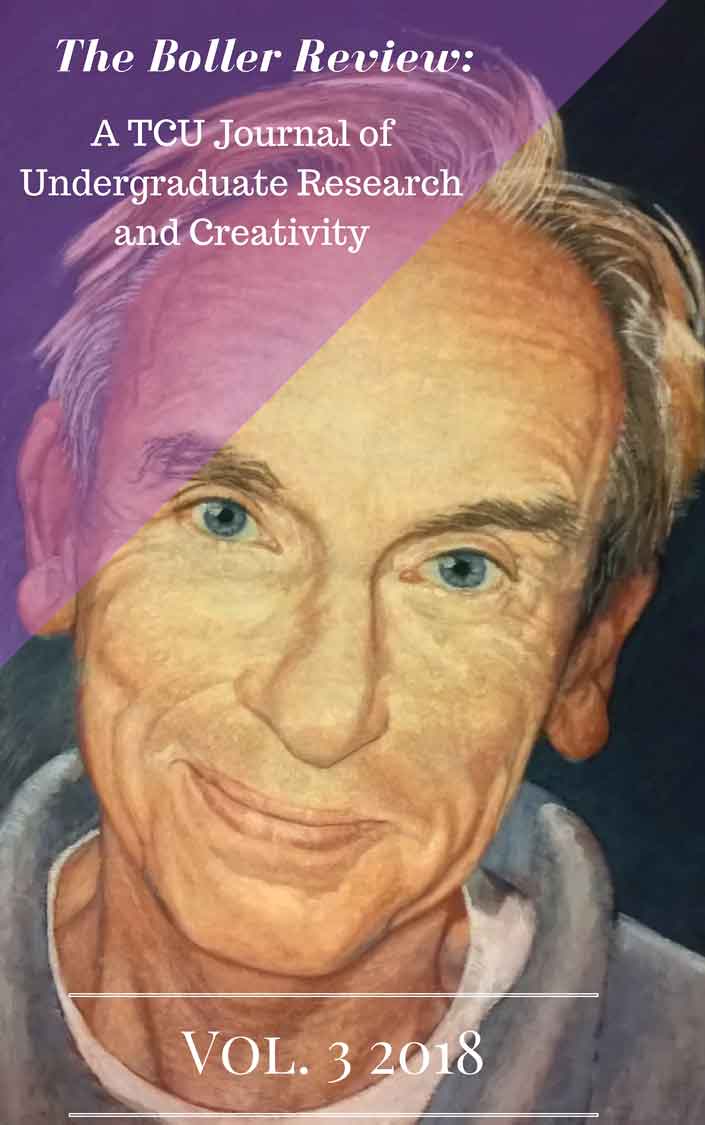Mitigating the Mindless Mouthful Through Moderation, Manipulation, and Mindfulness
Main Article Content
Abstract
The prevalence of global obesity is increasing at an unprecedented rate. Conventional weight loss programs, though logical in theory, usually prove to be ineffective in practice. There is an increased need and urgency for healthcare professionals to develop innovative methods to combat this pernicious health condition. Embracing the concept of mindful eating is one way that individuals can improve the quality of their health and well-being. This paper highlights the definition of mindful eating, describes the consequences of mindless eating, discusses the Japanese concept of hara hachi bu, and finally offers realistic practices that individuals can adopt in order to improve their connection with food and with others.
Comments from Mentors
“I met Lexi when she was a first-year student in my Honors World Religions course, which included a section on Buddhist mindfulness practices. Lexi distinguished herself as an outstanding thinker who was engaged, thoughtful, and compassionate. Lexi writes clearly and beautifully and seemed compelled by an insatiable curiosity to understand each of the topics we studied from Daoist immortality practices to the central role of a healthful diet to human flourishing—the topic of her Boller Review contribution.
She developed that paper after completing my Honors colloquium titled 'Mindfulness and Millennials' during her sophomore year. Lexi has delivered versions of the paper at the Asia Network Conference in Philadelphia in Spring 2018, the AddRan Festival for Undergraduate Scholarship & Creativity in Spring 2018 (she garnered one of the top prizes), and a workshop for first-year Chancellor’s Scholars in Fall 2018. Lexi also serves as one of the student leaders for TCU’s Contemplative Studies group where her natural warmth and sincerity have helped make the group a success. I am excited to see how she will combine her major in dietetics, interest in mindfulness, and keen desire to help others.”
